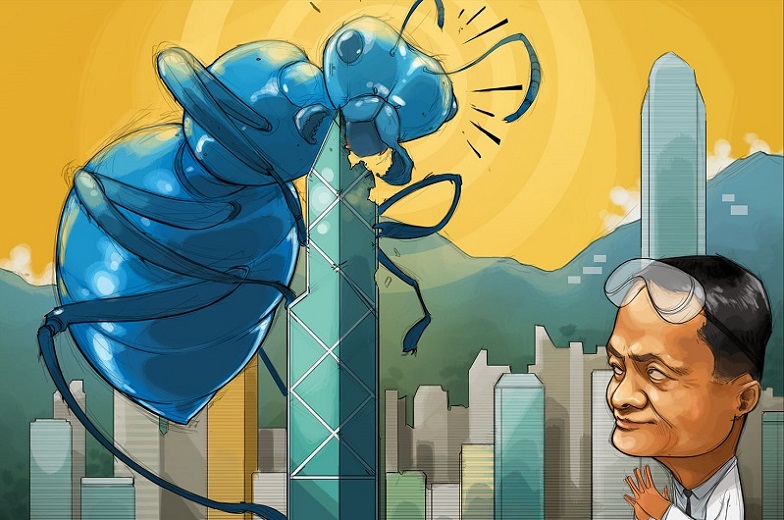BETA Technologies launches IPO of 25 million shares priced $27-$33
By Geoffrey Smith
Investing.com -- Ant Group, the financial services empire built by Alibaba (NYSE:BABA) founder Jack Ma, registered the world’s biggest-ever initial public offering, raising over $34 billion in the sale of new stock on the Hong Kong and Shanghai stock exchanges.
The deal is a landmark in many ways. It reflects how the world’s financial and economic center of gravity is shifting eastwards; how value in the world economy is migrating to technology and away from old sources of commodity-based wealth (the previous holder of the IPO record was Saudi Arabia’s national oil company, Aramco (SE:2222)); how China has developed a financial system to rival its economy in scale and modernity (Ant has grown out of the payments system that powered the online marketplace of its former parent, Alibaba); how modern, digital financial service companies are devouring their legacy competitors in the banking and asset management industries.
But, not least, it also represents the growing distance between the U.S. and Chinese financial systems and economic spheres of influence. Alibaba, famously, went public in New York, at a time when the depth and legal predictability of the U.S. capital market made it indispensable to anyone trying to sell a blockbuster deal, and when the U.S. and China still believed they had more to gain by working together than against one another.
Six years later, Chinese household and institutional wealth has expanded to a degree that makes New York a luxury, and U.S.-Chinese relations have deteriorated so much as to make it a liability. A New York-listed Ant would have been a big, fat sitting target for sanctions the next time Washington wanted to apply economic or financial pressure on Beijing. The last vestiges of that U.S.-Chinese cooperation that made the Alibaba IPO possible are the presence of Citigroup, JPMorgan and Morgan Stanley among the bookrunners.
That may not bother Ma much now. He becomes the only man in recent history whose companies have held the record for the biggest ever IPO not once, but twice. Others however may regret the days when the U.S. and China still felt like they needed each other.
